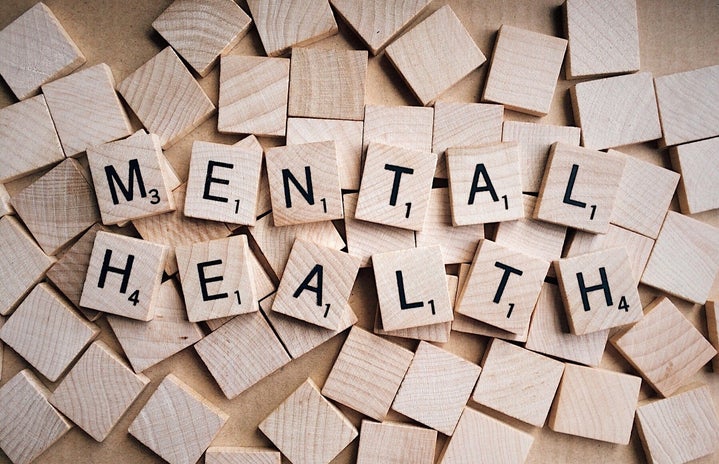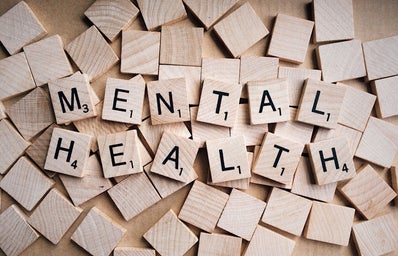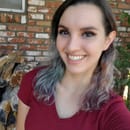I’ve dealt with anxiety my whole life, long before I knew what anxiety was. As a kid, I frequently couldn’t fall asleep because I could not stop thinking, and then I would start worrying that I couldn’t fall asleep, which would keep me up longer, and the cycle would worsen. I frequently had stomach aches that had no physical cause. I exhibited a lot of symptoms that children with anxiety experience, but I didn’t put the term to my problems until much later.
In high school, I was taking all AP classes, a member of the Drama club performing in both annual plays, singing in a band at church, surrounded by friends I’ve had since elementary school…and also incredibly depressed and numb. “Sadness” has never been an accurate description of my experiences of anxiety and depression. It’s more of a melancholic numbness that makes me feel like a lifeless, hollow void.
I didn’t seek help until I was 2 years into community college. My mental health was at an all time low, and I didn’t see any light. I was in school full time, balancing between 18 and 27 units while working 50-60 hours a week at a Holiday Inn. I had moved to go to college and was living with my sister, but I had no friends near me to hang out with. I was too shy to sign up for clubs or attend campus activities alone, so I would simply attend classes and go home to watch Netflix alone. My high school friends all seemed to be thriving at college and I felt like there had to be something broken about me. I was stretched way too thin and was full-on sobbing in my car usually at least twice a week. Things stayed that way through much of 2017, and I finally went to the student health services and made a personal counselling appointment at the start of 2018. I was diagnosed with social anxiety, generalized anxiety, and depression. Finally having a diagnosis and knowing I wasn’t the only one experiencing these obstacles felt freeing. I was doing pretty well for a while and my mental health improved.
Some relationship issues and money things, and just y’know, life, happened after that, and I moved back to my parents’ house in 2019. I spent almost 2 months jobless and searching, not taking classes, and living back in my hometown while all my friends were off at universities. This perfect storm brought my depression back full force. By September, I was stressed to the point where my eye was uncontrollably twitching for 3 days. I found a new therapist–he’s wonderful and I’ve been seeing him for the past year and a half. Talking to a professional and unpacking the things that make me who I am have been extremely helpful in dealing with my anxiety and depression.
If you are experiencing symptoms of anxiety, depression, bipolar disorder, borderline personality disorder, dissociative identity disorder, or schizophrenia, I encourage you to seek help. Even if you don’t think you’re experiencing a mental illness, mental health is something that everyone has and can improve upon. I think everyone should try therapy at some point. We all have issues that can benefit from being acknowledged and analyzed in conjunction with professional advice. Schools offer free counseling as part of health services, and if you’re off campus, many therapists will work with your insurance or take payment on a sliding scale based off your income. For example, I pay $50/weekly session. Your mental health can impact every aspect of your life, and neglecting to take care of it is detrimental. Mental health is just as important as physical health, and should be treated as such.


